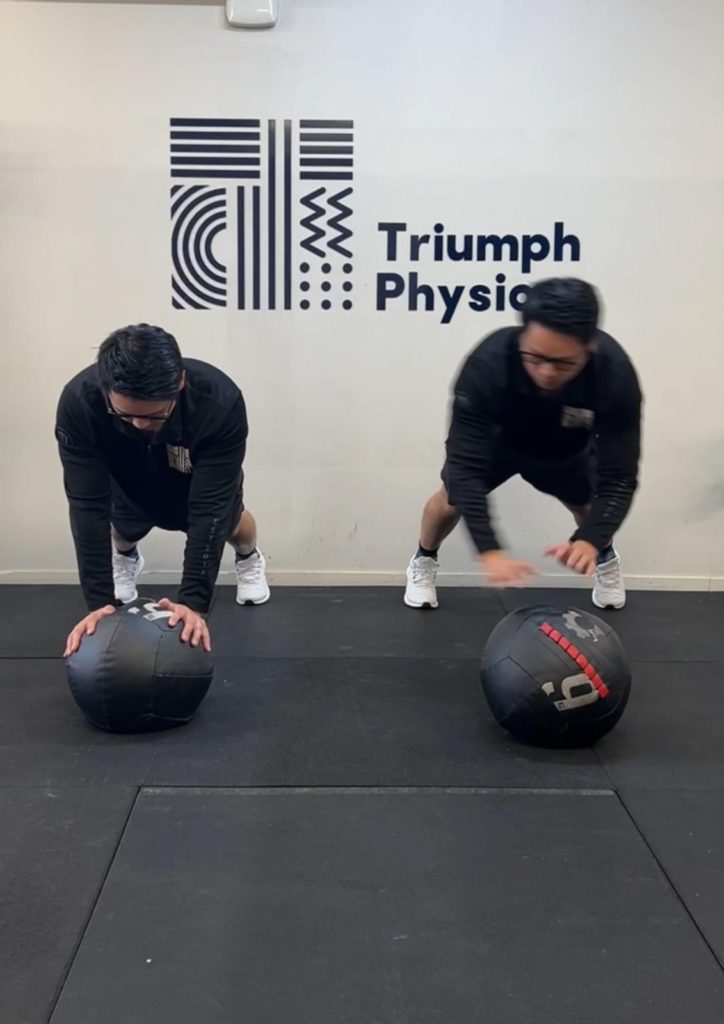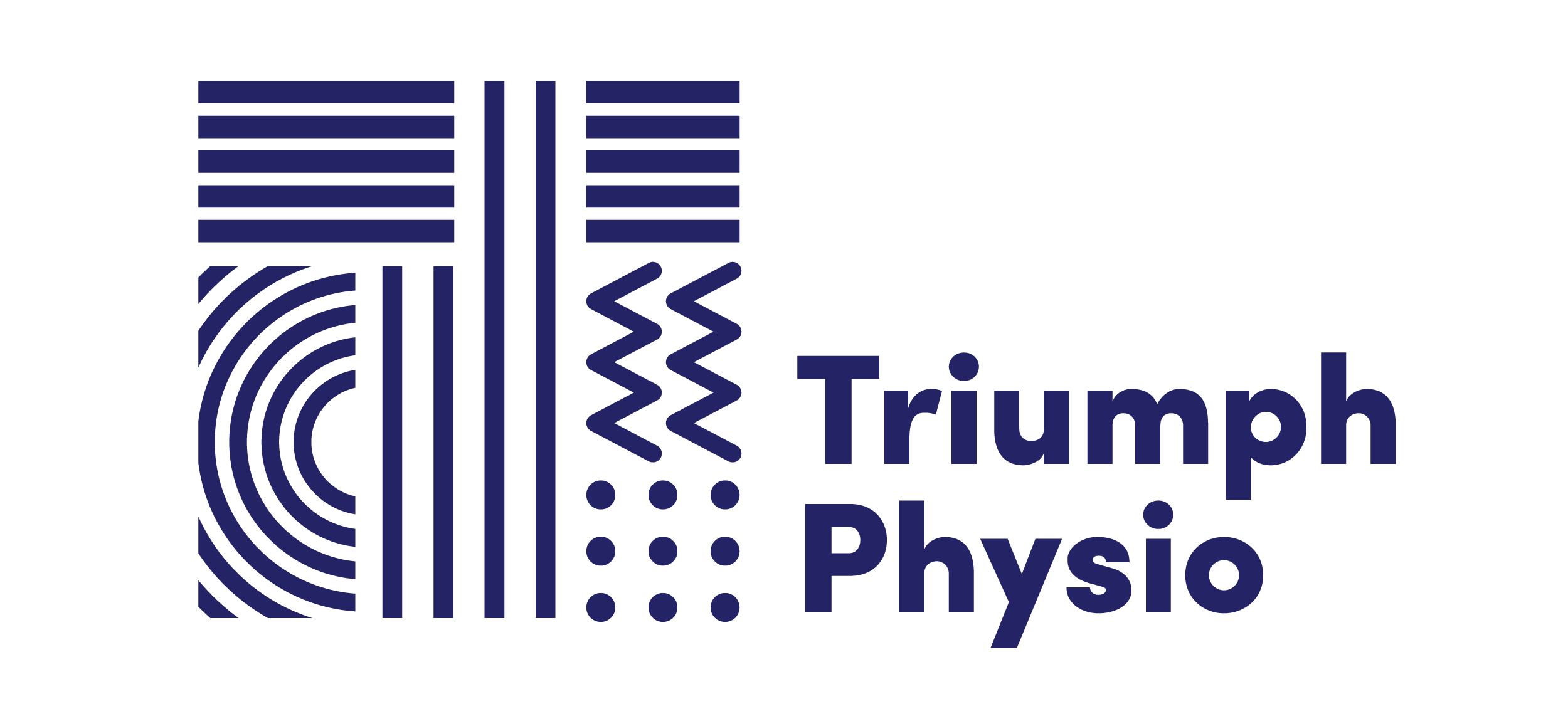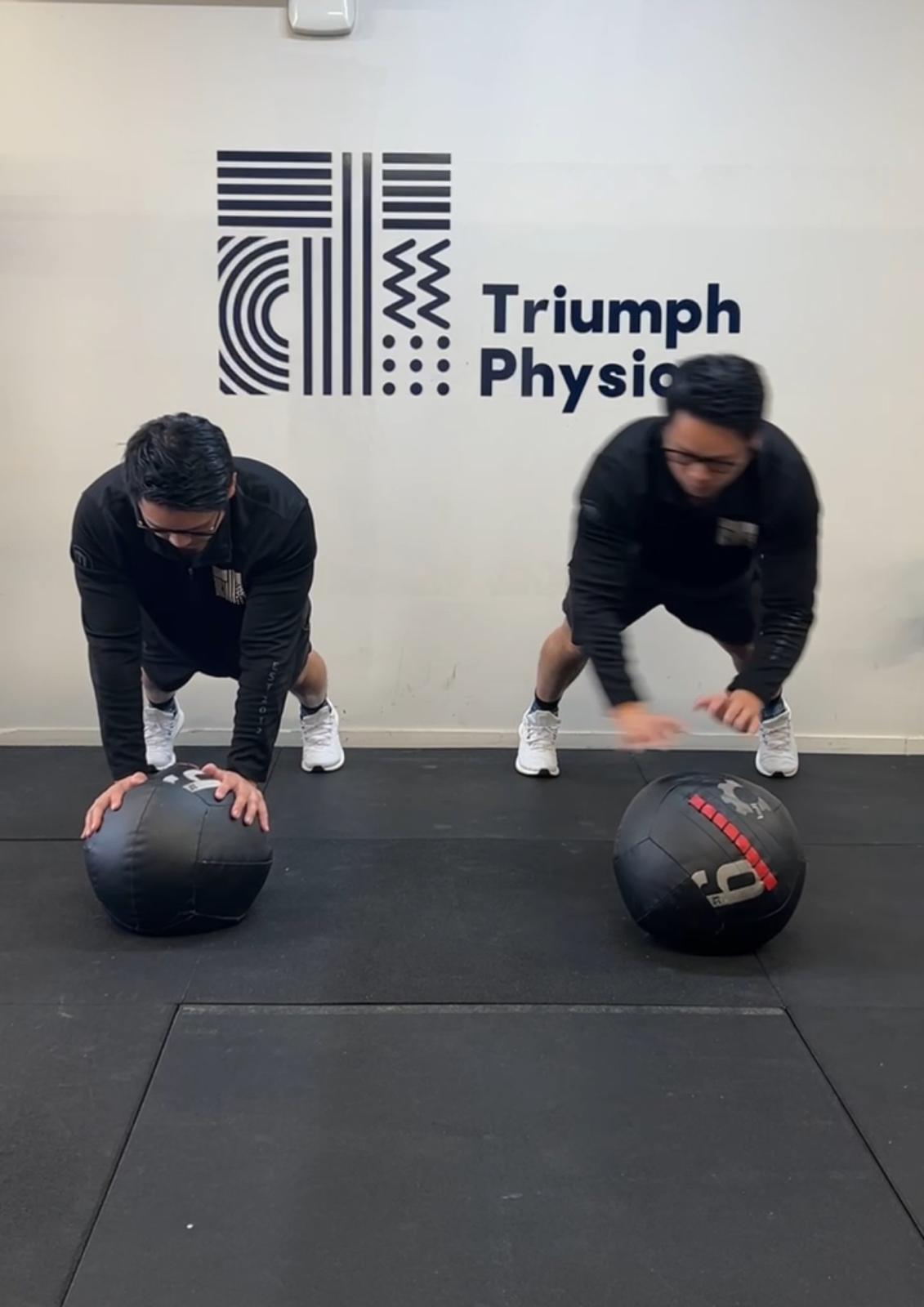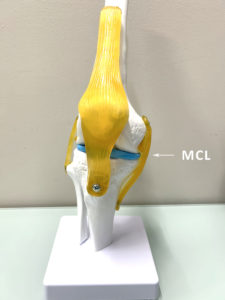Strength vs. Power?
Strength vs. Power, when it comes to fitness and rehabilitation, the terms “strength” and “power” are used interchangeably. However, they represent distinct aspects of physical conditioning, each with its own benefits and applications. Understanding the difference between strength and power training can help you make informed decisions about your fitness journey. Whether you’re recovering from an injury or aiming to enhance athletic performance. At Triumph Physio in Auckland, we’re here to guide you through the process, ensuring you choose the right approach for your goals.

What Is Strength Training?
Strength training focuses on increasing the amount of force your muscles can produce. It typically involves lifting heavy weights at a slower pace with fewer repetitions. The primary goal is to build muscle mass and improve your overall muscle endurance. Strength training is particularly beneficial for those looking to improve their general fitness, recover from musculoskeletal injuries, or enhance their ability to perform everyday tasks.
Key Benefits of Strength Training:
- Injury Prevention: By strengthening the muscles around joints, strength training can reduce the risk of injury and aid in the recovery process.
- Increased Muscle Mass: Regular strength training promotes muscle growth, which is essential for maintaining a healthy metabolism and supporting bone health.
- Improved Posture: Strengthening core and back muscles can correct posture issues, reducing the likelihood of back pain.
What Is Power Training?
Power training, on the other hand, is all about the speed at which you can apply force. It combines strength with velocity, focusing on explosive movements. Power training is ideal for athletes looking to improve their performance in sports that require quick bursts of energy, such as sprinting, basketball, or martial arts. It involves exercises like plyometrics, kettlebell swings, and Olympic lifts.
Key Benefits of Power Training:
- Enhanced Athletic Performance: Power training improves your ability to generate force quickly, which is crucial in many sports.
- Better Coordination and Balance: Explosive movements in power training help improve neuromuscular coordination, leading to better balance and agility.
- Increased Caloric Burn: Due to the high-intensity nature of power training, it can help burn calories more efficiently, making it a great addition to any weight-loss program.
Strength vs. Power Training: Which Should You Choose?
The decision between strength and power training depends on your individual goals. If you’re looking to build muscle, improve your overall fitness, or recover from an injury, strength training is likely the better option. It provides a solid foundation that can be built upon with more advanced training techniques.
If you’re an athlete or someone who needs to perform tasks that require quick, powerful movements, power training will better suit your needs. However, it’s important to note that power training can be more demanding on the body, so it’s crucial to have a good base of strength before diving into explosive exercises.
Integrating Strength and Power for Optimal Results
At Triumph Physio, we believe in a holistic approach to fitness and rehabilitation. Often, the best results come from a combination of both strength and power training. For example, a tailored program might start with strength training to build a solid foundation, followed by power training to enhance athletic performance.
Our expert physiotherapists in Auckland can help you design a personalized training program that aligns with your goals, whether it’s for injury recovery, athletic performance, or general fitness. By combining strength and power training, you’ll not only improve your physical capabilities but also reduce the risk of future injuries.
Conclusion
Choosing between strength and power training doesn’t have to be an either/or decision. Both have unique benefits that can contribute to a well-rounded fitness routine. At Triumph Physio in Auckland, our goal is to provide you with the guidance and support you need to achieve your fitness objectives safely and effectively. Contact us today to learn more about how we can help you reach your full potential.
Bookings with a Physio
Triumph Physio in Newmarket or Mount Wellington, Auckland. We have qualified Physiotherapist registered under ACC to help you. For more info call us on 09 526 1448 or book online below




